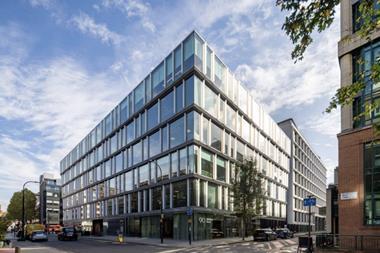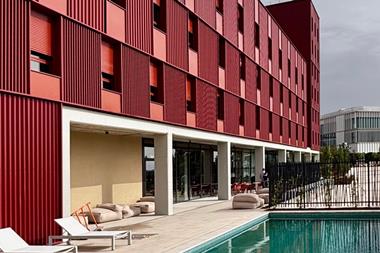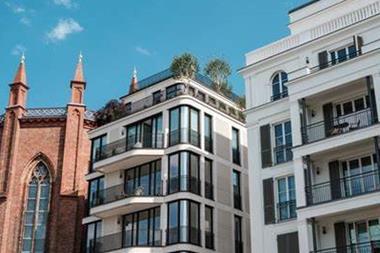EUROPE - Sponda's Kari Inkinen has contrasted a "lively" Russian real estate market with the euro-zone-blighted Finnish market characterised by low transaction volumes and macro uncertainty.
The Finnish fund manager's chief executive told shareholders in an interim report that he expected no increase in overall domestic occupier demand despite continued demand for Helsinki central business district (CBD) office and retail assets.
The firm's shareholders include insurers Varma and Ilmarinen, and the state pension fund of Finland (VER), Yleisradio pension fund and the Norwegian Government Pension Fund Global.
Meanwhile, declining vacancy rates and rising rents in prime locations will "even out" as new supply comes to an uncertain market.
"Cautiousness on property markets has prolonged sales processes," said Inkinen.
"There are good properties on the market, but concluding sales transactions takes a long time."
Meanwhile, a research note from CBRE this week claimed investment volumes in Russian real estate could reach $4.5bn (€3.6bn) by the end of the year.
Despite a 44% fall in commercial property transaction volumes in H1 compared with the same period last year, data for 2011-12 indicate a 35% increase in transactions over 2010-11.
"We consider this to be a clear evidence of relative strength in the Russian market," the note said.
CBRE researchers attributed the H1 decline to a combination of ongoing euro-zone instability, tighter finance as an uncompetitive banking sector came under pressure to decrease investor leverage, and political volatility around the presidential elections.
Yet they also pointed to long-term drivers including undersupply of prime assets and relatively high rents as the basis for market growth.
"Risk-averse behaviour does not mean 'zero investment'," the report said.
"Investors are looking for assets [that] are able to resist downward pressure in a crisis scenario and will be able to recover quickly afterwards.
"Through the recent crisis, the Russian property markets have shown the ability to support such risk profiles."
To date, overseas investors in Russia have primarily targeted retail assets in Moscow and St Petersburg.
However, the report forecast that office - which accounted for 55-65% overall investment in 2009-10, but fell back to 38% in H1 - would catch up with retail by the end of the year.












